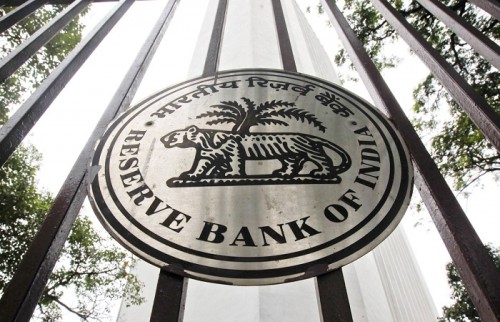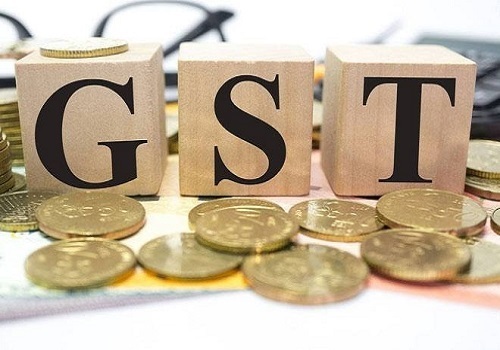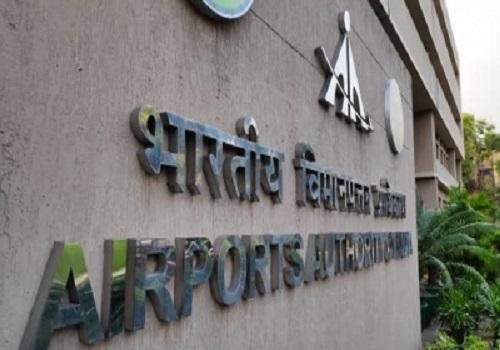Indian bond yields fall sharply on dovish commentary from RBI

Follow us Now on Telegram ! Get daily 10 - 12 important updates on Business, Finance and Investment. Join our Telegram Channel
https://t.me/InvestmentGuruIndiacom
Download Telegram App before Joining the Channel
MUMBAI - Indian bond yields fell sharply on Thursday in response to the Reserve Bank of India's more dovish than expected monetary policy, in which it kept both key rates unchanged while retaining its accommodative policy stance.
Continued policy support was warranted for a durable and broadbased recovery, RBI governor Shaktikanta Das said, noting an improving inflation outlook, prospects for economic growth and uncertainties posed by the fast spreading Omicron variant of COVID-19 and the global economy.
Indian's benchmark 10-year bond yield ended at 6.72%, down 8 basis points on the day after earlier having dropped to a low of 6.69%.
Most market participants had expected the central bank to raise at least the reverse repo rate to normalise the policy corridor with the repo rate to pre-pandemic levels.
Das however said that since the policy stance continues to remain accommodative, they did not feel the need to tweak the reverse repo rate.
He noted that the RBI had managed to achieve a rise in the effective reverse repo rate in the market to 3.87% as of Feb. 4, compared to 3.37% in end-August, in a seamless manner without adjusting the official rate.
"The surprise element in the credit policy is the very dovish stance taken by the MPC which in a way supports the expected large government borrowing programme as well as the corporates that will be borrowing funds this year," said Madan Sabnavis, chief economist at Bank of Baroda.
Traders however were hopeful of getting more clarity on how the central bank plans to help it absorb the government's record 14.95 trillion rupees ($200 billion) worth of borrowing next year.
Das, in response to a question, said the government was borrowing for some state-run institutions as part of the overall borrowing while it has also said it could get better collections from small saving schemes which may reduce the need for the government to follow through with the entire market borrowing.
"The RBI hinted that the government's borrowing programme may not turn out as large as budgeted. We also believe that the borrowing could be closer to 13-13.5 trillion rupees," said Pranjul Bhandari, chief economist at HSBC India.
The central bank chief refrained from making any explicit mention of open market purchases and said it would make the necessary announcements when the borrowing programme for the year begins in April.
"While the RBI refrained from announcing any steps to support the bond market, the dovishness in commentary does suggest the RBI would be uncomfortable with higher bond yields," economists at Edelweiss said in a note.










Tag News

Monthly Debt Market Update, September 2023: CareEdge Ratings












